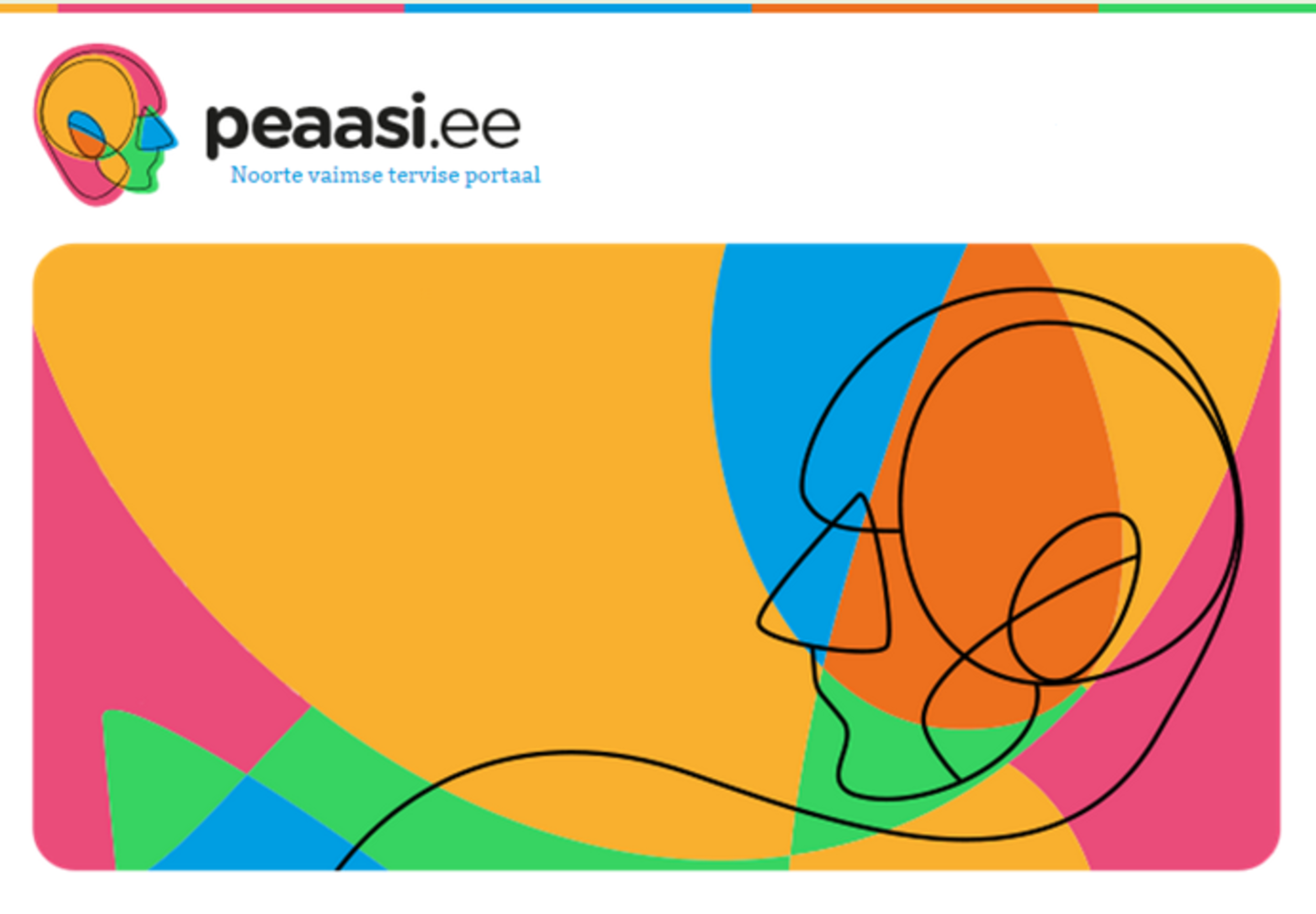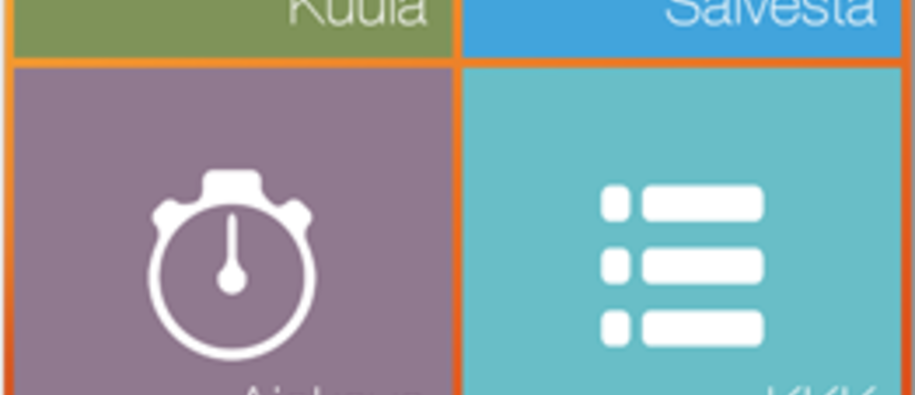Estonia is one of Europe’s leading countries when it comes to internet access and the vast majority of young people are regular internet users. At the same time, Estonia is struggling to make its mental-health services more effective at early intervention and helping young people access the services they need. The Peaasi and Appsterv projects bring together many stakeholders to help develop effective web-based services.
“Web-based solutions will fill the gap in availability of mental-health services – they are available everywhere, there are no long waiting lists and they are cost effective,” says Merike Sisask of AppsTerv.
Peaasi.ee
The Peaassi (‘Head Matters’) project aims to raise awareness and reduce the stigma associated with mental-health problems. The popular and engaging website fosters help-seeking behaviour by linking young people to mental-health specialists. The specialists can help them define their problem, find the right help and offer advice on what to do to improve their mental well-being.
“We have e-counselling and we are providing up-to-date information on mental-health issues. We are also developing web-apps that will be available in 2015. We have around 10 000 web visits per month, so we expect that there will be a lot of interest in the new apps once they’re available,” says Project Manager for Peaasi.ee, Anna-Kaisa Oidermaa.
Peaasi aims to be a ‘go to’ place for all those who might need support, whether it be children who want to improve their memory or attention, to those who need help in managing anger.
“We are helping people to pay attention to the fact that everybody can do a lot to feel better and to improve their mental health and wellbeing. The tools we are developing include interactive self-help tools, brain training exercises and platforms where mental-health issues can be discussed,” explains Anna-Kaisa.
’Ära tee!’ (Don’t do it!) app with self-help functionalities, based on Norwegian app ’Stop self-harm’
AppsTerv
The AppsTerv project also provides e-counselling, improves the quality of web-based information and increases awareness. The project is coordinated by the Estonian-Swedish Mental Health and Suicidology Institute, which like the Peaasi project, works with many project partners who represent different stakeholders including parents, mental-health professionals, schools and young people themselves.
“The innovative part of the project is to develop interactive smartphone apps with self-help functionalities to relieve common mental health problems experienced by young people including self-harming, suicidal thoughts, depression and sleeping problems,” says Merike.
Both projects have worked fruitfully with Norway. AppsTerv is working with Arkimedes (Svein Overland), in fact, their first app was adapted from one that already exists in Norway called ’Stop Self Harm’. Peassi also worked with Norway.
“In our awareness-creating and anti-stigma activities we see Norway as an excellent role model,” says Anna-Kaisa.
The Norwegian Institute of Public Health (FHI) is the Donor Programme Partner for the Public Health Initiatives Programme in Estonia.
Read more about the AppsTerv – web-based applications for mental health
Read more about the Norway Grants support for Public Health Initiatives in Estonia

